Anyone in attendance at University President Michael Lovell’s annual presidential address in the Alumni Memorial Union last Wednesday who had not previously been a part of campus might have been convinced by Lovell’s ambitions for the university. But the rest of campus should feel underwhelmed. A presidential address is supposed to address something, but it seems apparent that Lovell’s did not.
Marquette has a diversity problem. It has a history of problems responding to sexual assault, it has trouble connecting with the rest of Milwaukee, but more than any of that, it has a rhetoric problem.
Lovell celebrated people doing important work in the community, he reflected on the university’s 2017 successes and he briefly discussed programs and initiatives to be expected in 2018. The problem was that most of what he discussed was already common knowledge, and none of what he discussed dealt with issues students face on campus.
Marquette has a rhetoric problem. University leadership talk about how principled and upstanding Marquette is, while glossing over student concerns.
Much of Marquette’s mission statement focuses on diversity, but university enrollment data would suggest otherwise. Sixty-nine percent of Marquette undergraduate students are white, according to fall 2017 enrollment data. Twelve percent of students are Hispanic or Latino, 6.7 percent are Asian, 3.9 percent are black and less than 1 percent are Native American.
Compared to census data from Milwaukee County and the United States as a whole, Marquette is staggeringly unrepresentative of the population. In Milwaukee County, 64.8 percent of the population is white, 27.2 percent is black, 14.8 percent is Hispanic or Latino and less than 6 percent is Native American or Asian, and in the United States, 76.9 percent of the population is white, 17.8 percent is Hispanic or Latino, 13.3 percent is black and 7 percent is Native American or Asian.
Lovell has spoken about Marquette’s efforts to become a Hispanic-serving institution, but the address would have been a great opportunity to update the campus on that initiative.
Despite Marquette’s efforts to become an HSI, the campus is not always welcoming toward minority students. Earlier this year, students and faculty gathered in Westowne Square to voice support for DACA recipients, and during the event, students yelled racially-charged words from a McCormick window.
Last year, the Muslim prayer space in the AMU was vandalized twice, and Muslim students on campus have reported increasingly aggressive behavior toward them, including racial epithets.
A separate but prominent issue is how Marquette deals with campus sexual assault. In November, several university leaders wrote an Op-Ed congratulating themselves on Title IX successes, but Marquette is in the midst of a lawsuit because of an alleged sexual assault cover-up.
Students are also concerned about cost and accessibility. Annual tuition increases put low-income students, who already ration small financial aid refunds, at risk. Maybe the increases are anticipated and necessary, but at least allow the students affected by the changes the dignity of an explanation and a promise that their best interests are in mind.
Each of these are faults of Marquette, and not acknowledging any of this is a fault in itself. Lovell’s address would have been a perfect opportunity to let students know their voices are heard, but instead, he delivered the same formulaic speech about new buildings and “being the difference.”
It’s appropriate to recognize donors, growth, and students and faculty who are making a difference, but it is also appropriate to recognize faults. No institution is perfect, but it would be a welcome change to hear somebody of authority admit that.
Arguably the most important tool any institution has, whether it’s the U.S. government or a mid-sized university, is transparency.



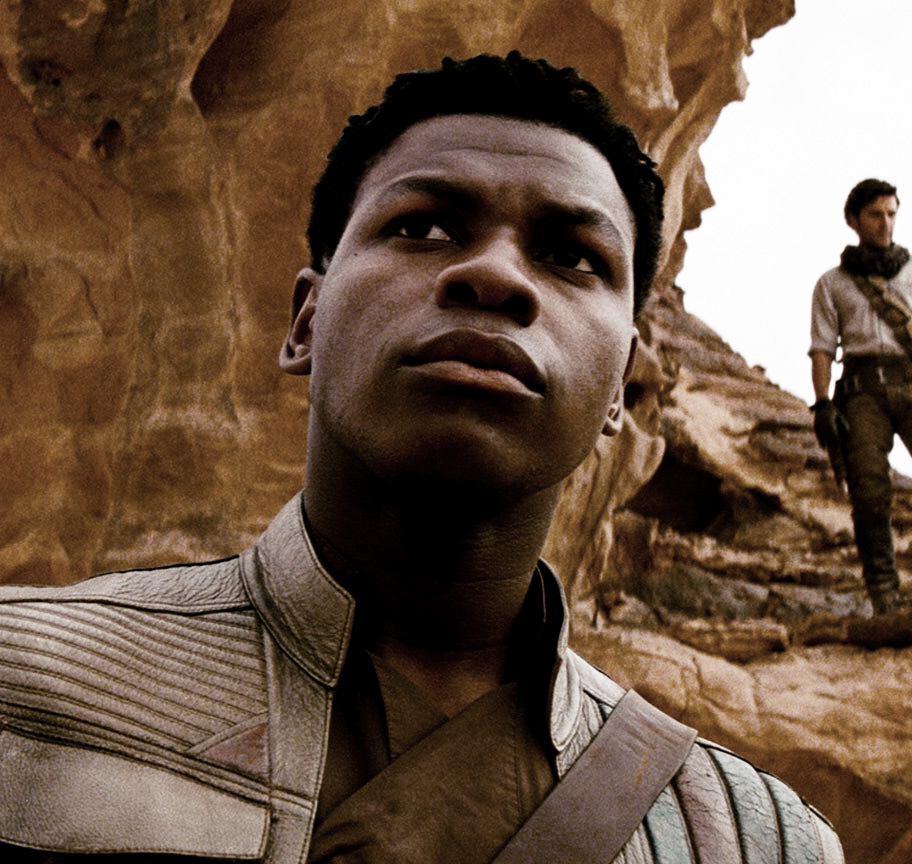
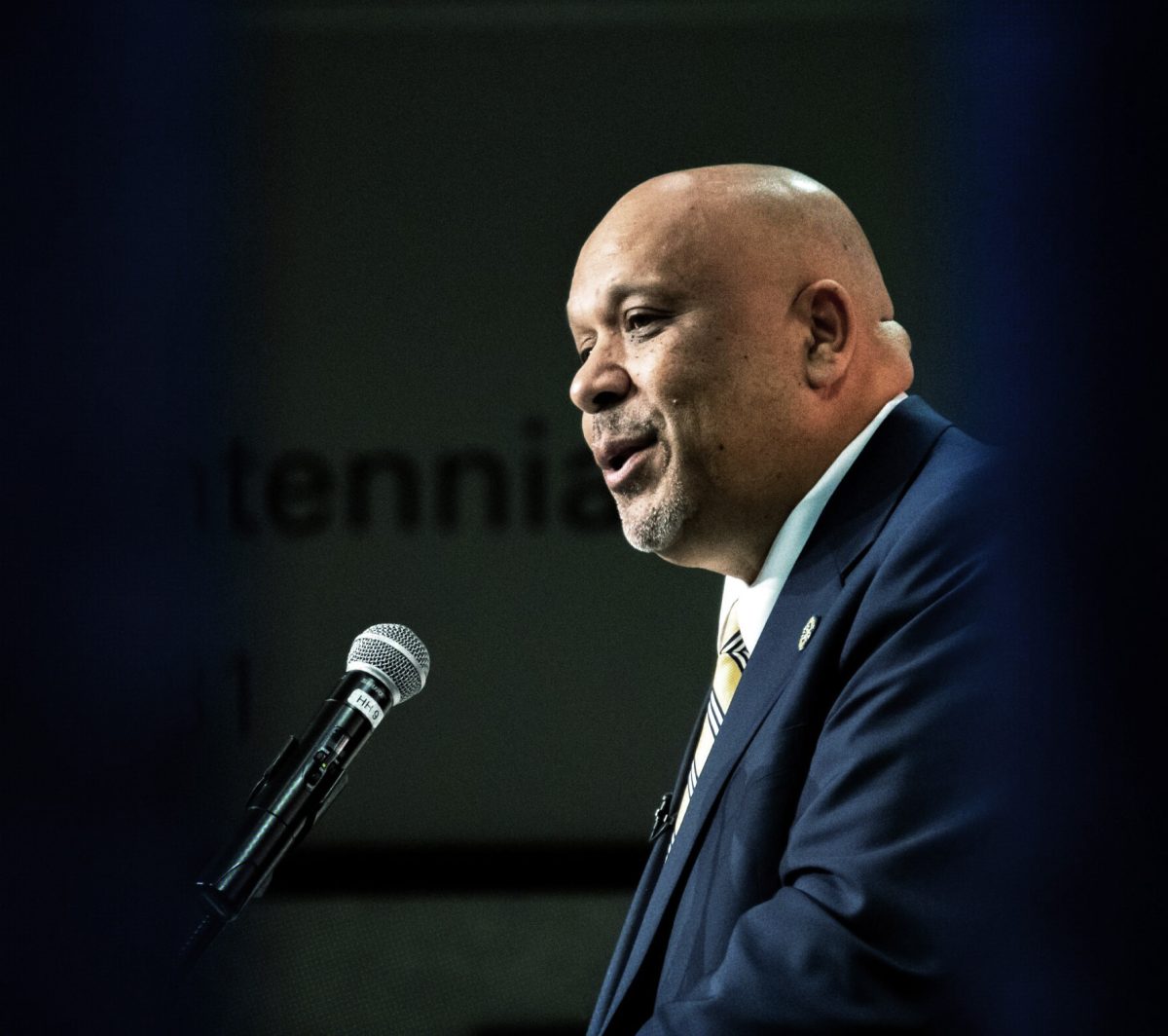
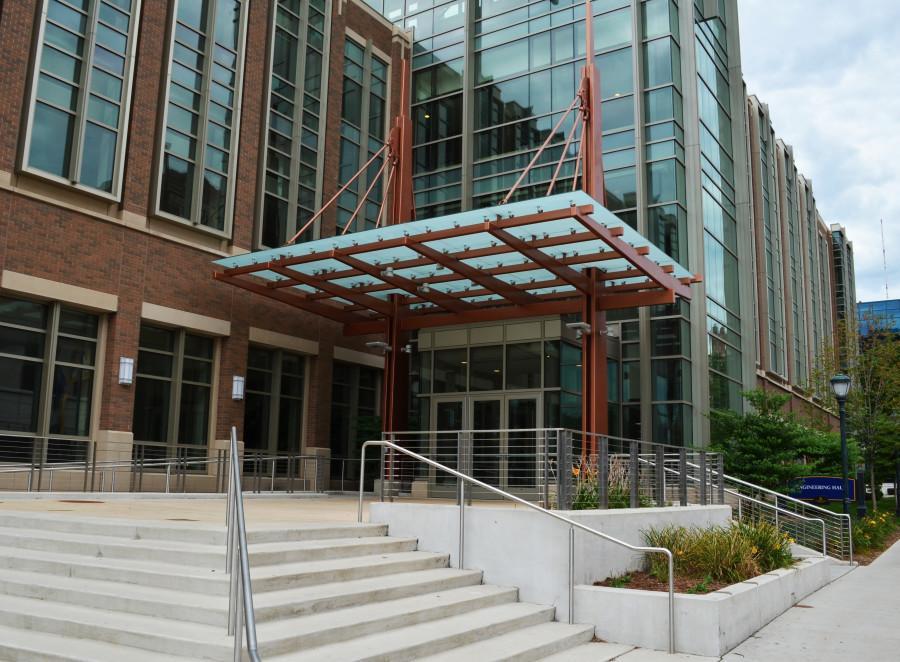
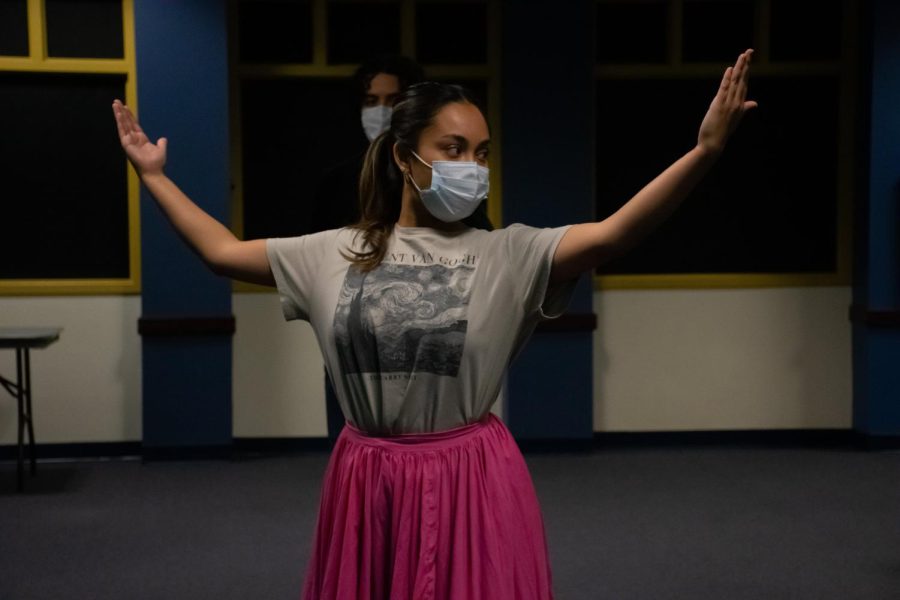
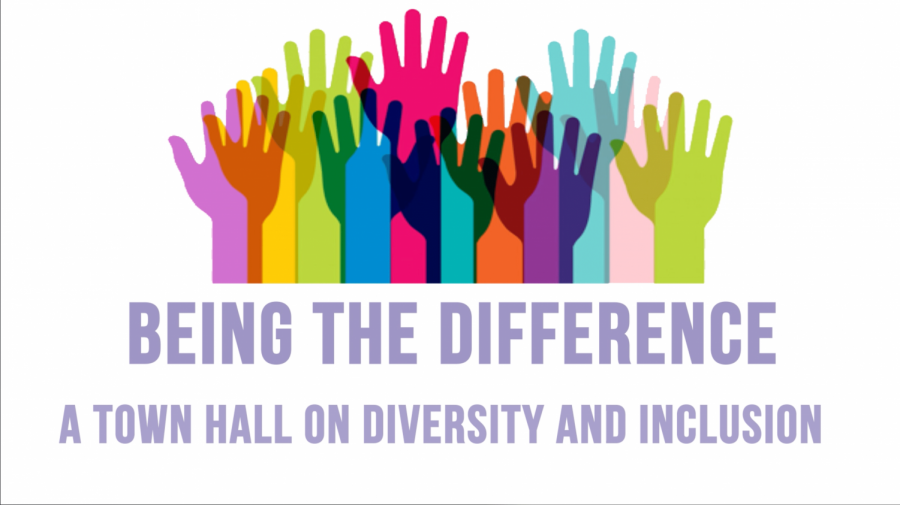
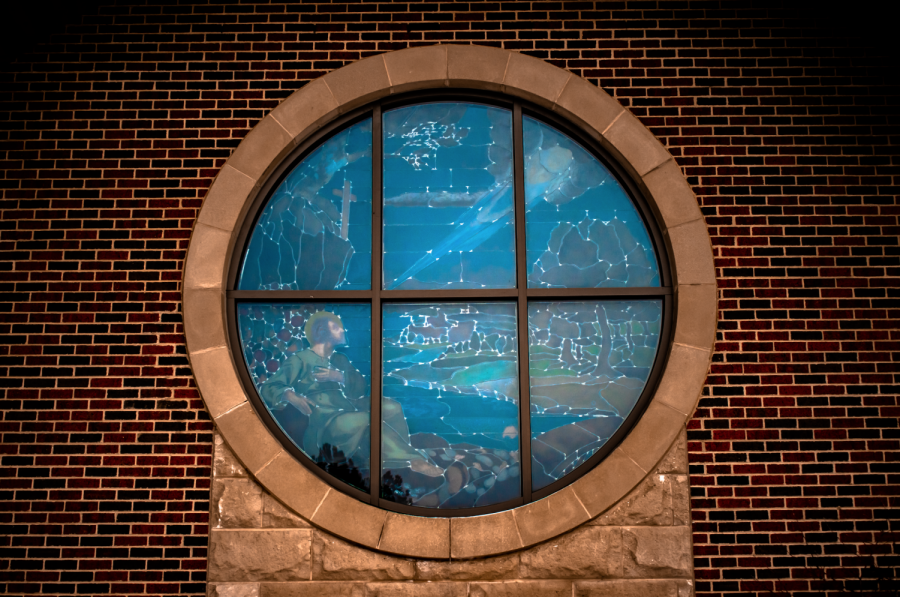
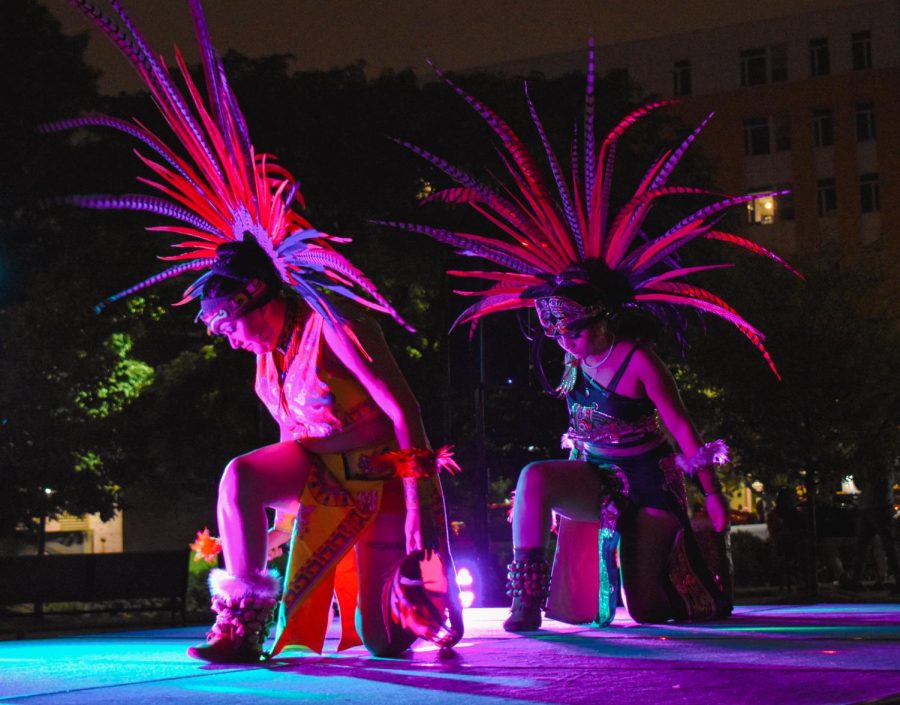
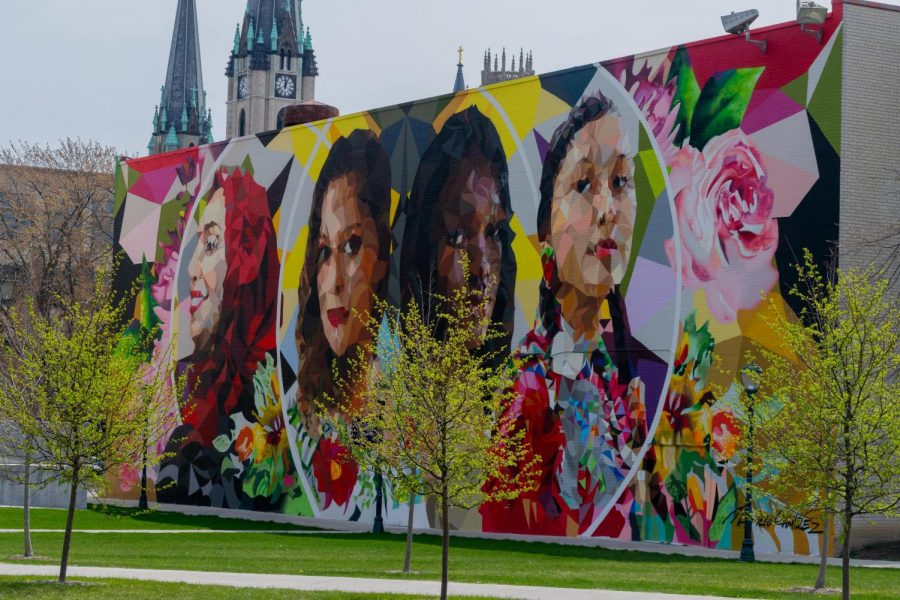
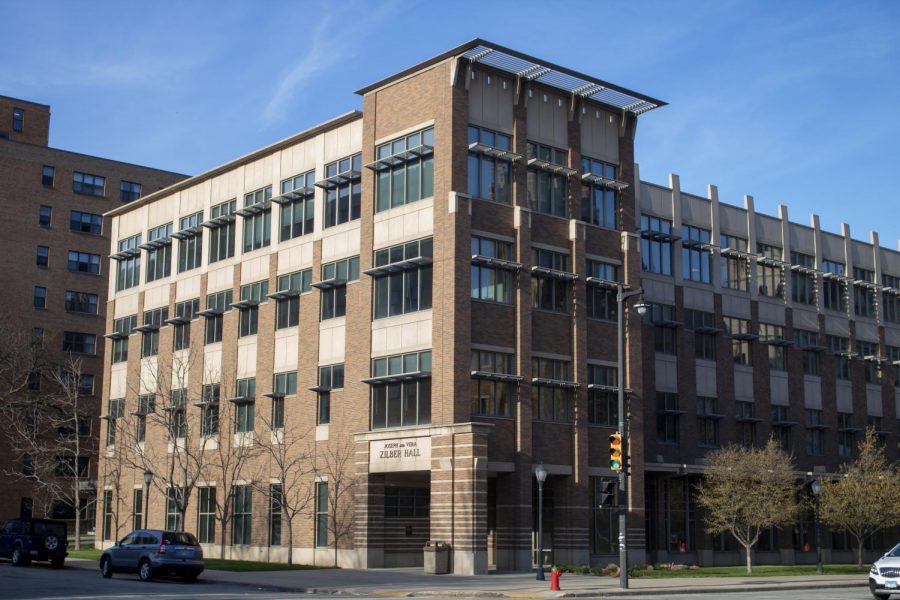
Rick W. • Jan 23, 2018 at 10:06 pm
Is the university student body supposed to mirror that of Milwaukee County? Why? We are a national university, not a county university. Furthermore, admissions should be merit based not based on matching a demographic profile. Do you want MU to be a top university, you go after top students based on their academic abilities. Diversity is great, but it is rather ironic that diversity defined by the left always matches race or gender, but never diversity of thought or ideology.